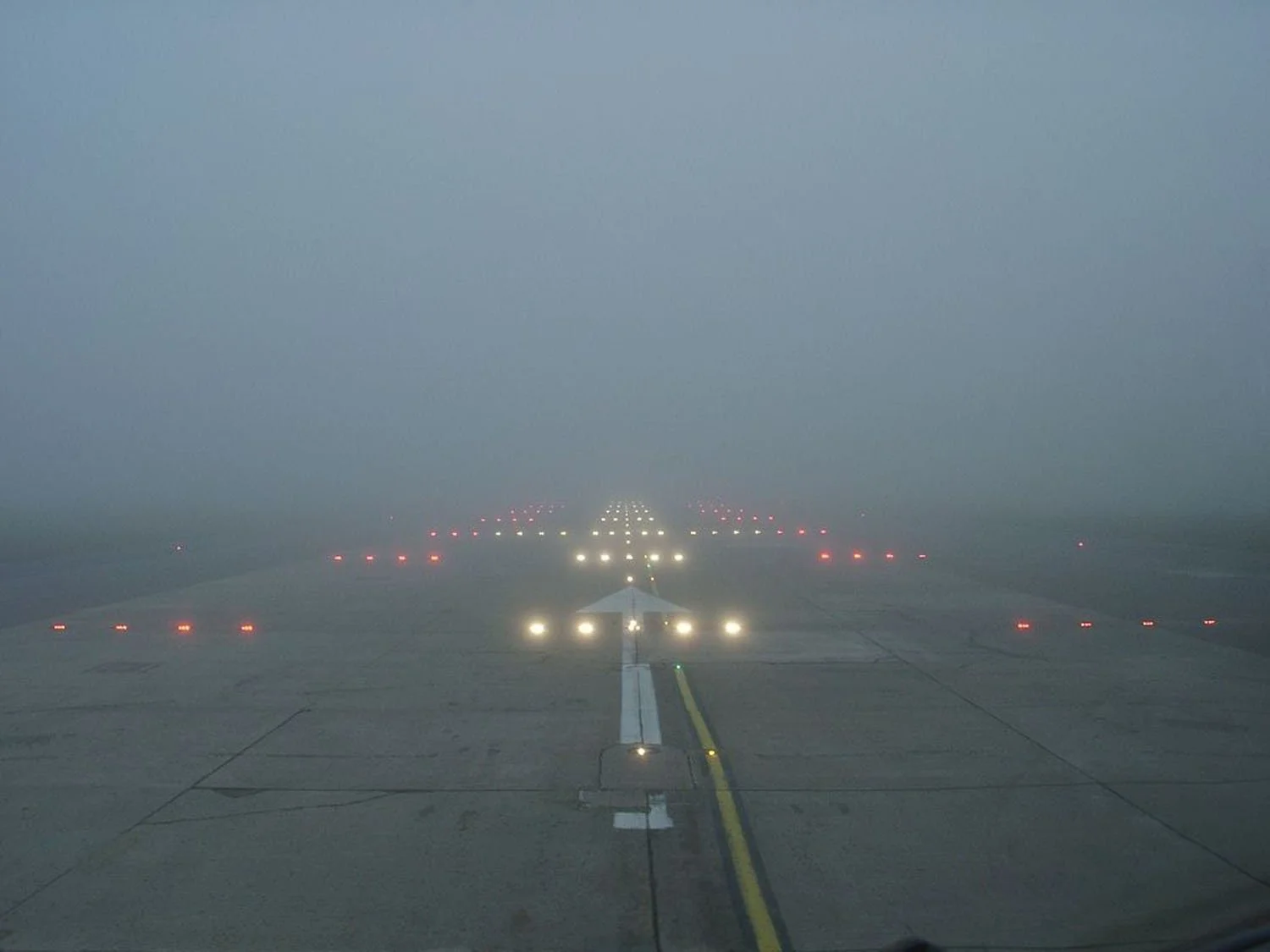INSTRUMENT RATING - AEROPLANE
Ref. CAR 421.46
The instrument rated pilot has the freedom to fly when everyone else stays on the ground (when the weather is below VFR conditions). This rating allows a pilot to fly by reference to instruments alone without having to look outside to reference the natural horizon.
We provide training for two groups of instrument rating, as follows:
Group 1 – Allows you to fly single or multi-engine aircraft in Instrument Meteorological Conditions (IMC) as endorsed on your licence
Group 3 – Allows you to fly single-engine aircraft in Instrument Meteorological Conditions (IMC) as endorsed on your licence
If you are looking to fly aircraft in weather conditions below VFR (in IMC conditions), the instrument rating is the way to go.
HOW LONG WILL THE FLIGHT TRAINING TAKE?
On average, the estimated training time would be:
Initial:
- 3.5 months if flying full time (minimum 3 sessions per week)
- 10 months if flying part time (minimum 1 session per week)
Recurrent:
- 3.5 weeks if flying 3 days per week
- 2.5 months if flying 1 days per week
WHAT ARE THE AGE REQUIREMENTS FOR TRAINING?
- You must be a minimum of 17 years of age to be issued an Instrument Rating
HOW MUCH FLYING TIME IS REQUIRED?
You must complete a minimum of:
50 hours of cross-country flight as pilot-in-command
40 hours of instrument time of which a maximum of 20 hours may be instrument ground time
one dual cross-country flight under simulated or actual IMC conditions of a minimum of 100 nautical miles, the flight to be conducted in accordance with an IFR flight plan to include at, two different locations, an instrument approach to minima
Instrument Training completed during any previous training can be applied toward the total time needed for the Instrument Rating
WHAT ARE THE AVIATION MEDICAL REQUIREMENTS?
- Prior to beginning your flight training for your Instrument Rating, you will need to get a Category 1 or 3 aviation medical certificate from a Transport Canada-approved Civil Aviation Medical Examiner (CAME). If you are not planning to fly professionally as a Commercial pilot, a Category 3 medical is all that you need.
Below is a list of approved list of medical examiners in the London, Ontario area:
Dr. Bates
- Office: 519-438-5101
- Address: #208-190 Wortley Road
Dr. Chapeskie
- Office: 519-461-0776
- Address: Box 130, 21816 Fairview Road (Thorndale)
Dr. Malizia
- Office: 519-455-1990
- Address: 1033 Dundas Street
Dr. Marshall
- Office: 519-245-3590
- Address: 31 Caradoc Street North
Dr. Siu
- Office: 519-858-4694
- Address: 827 Richmond Street
If you are from outside the London area, a list of Civil Aviation Medical Examiners can be found here on the Transport Canada website
DO I NEED TO WRITE AN EXAM?
Yes, you will be required to get a minimum of 70% on the Transport Canada Instrument Rating exam (INRAT) which includes the following subjects:
Canadian Aviation Regulations
- Instrument Flight Rules and Procedures
- Meteorology
- Instruments
- Radio and Radar systems
- Navigation
IS A FLIGHT TEST REQUIRED?
- Yes, you must successfully complete an Instrument Rating flight test as pilot-in-command with a Transport Canada-approved instrument pilot examiner.
WHAT PRIVILEGES WILL I HAVE AFTER COMPLETION OF THE TRAINING?
- An instrument rating allows you to fly single-engine (Group 3) or multi-engine (Group 1), single pilot non-high-performance aircraft under Instrument Flight Rules (IMC) weather conditions. You may not fly for hire or reward without a Commerical Pilot Licence (CPL).
ARE THERE ANY PREREQUISITES TO TRAINING?
- Candidate must hold a minimum of a Private Pilot Licence (PPL) and a valid Category 1 or 3 Aviation Medical. We prefer that anyone training for the instrument rating also have a night rating prior to beginning their training.
